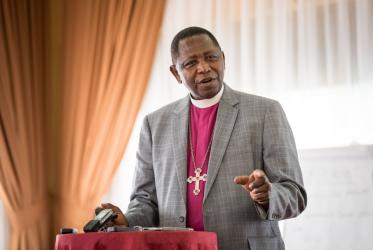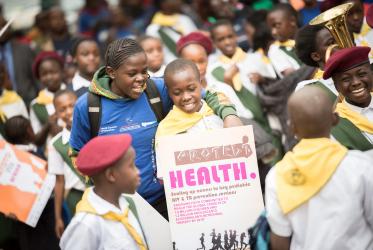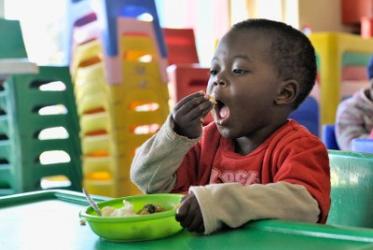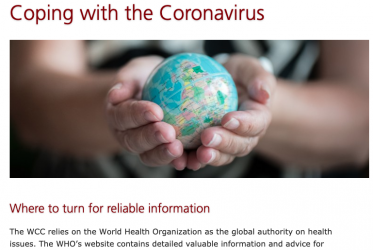Displaying 141 - 160 of 233
“Facing the storm of HIV, we can move together, be agents of change”
06 September 2017
New study lifts up voices of small farmers in Mozambique
24 August 2017
“Do you know where to search for your lost child?”
18 July 2017
G20 summit: call to pray for peace in Hamburg
07 July 2017
G7 must address famine
22 May 2017













